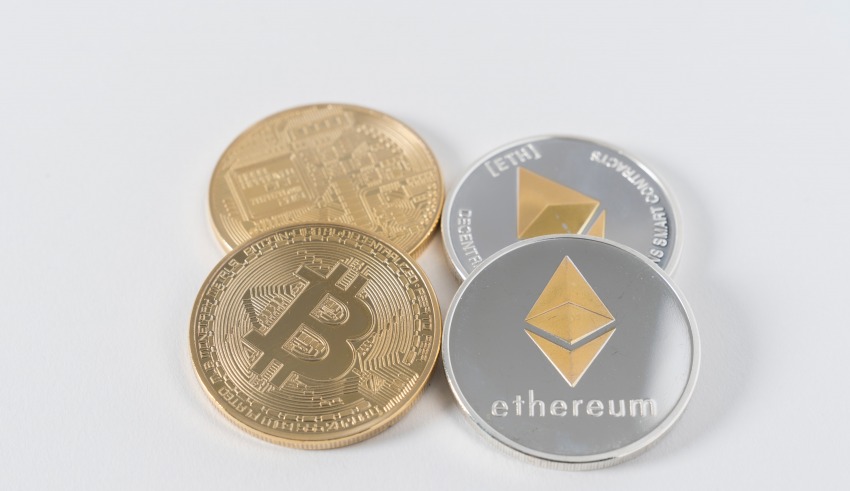
Blockchain technology is one of the world’s strongest economic segments. It is a hybrid of a currency and a cryptocurrency that comes in a variety of ways, the biggest and most well-known of which is Bitcoin. Although Cryptocurrency began as a fringe financial commodity, it has grown in popularity and is now interconnecting with checking accounts in several ways.
Atms That Accept Bitcoin:
A Bitcoin ATM is an internet-connected kiosk where you can buy Bitcoin and other cryptocurrencies. You will be required to use cash, a checking account, or a personal loan for the purchase, depending on the system and the network. Bitcoin ATMs are becoming increasingly prevalent, with over 12,000 kiosks in the United States as of February 2021. Many cryptocurrencies allow you to buy Cryptocurrency with such a checking account, but you should be careful of high fees and other costs. If you want to trade Cryptocurrency, you should know about Cryptocurrency’s daily updates and visit the click money system.
Although these kiosks are widely referred to as Crypto Exchanges, they are more constrained in their capacities than conventional ATMs. Bitcoin ATMs, unlike bank-owned ATMs, allow you to purchase cryptocurrencies and do not disburse cash. Many Bitcoin ATMs have a cap to how many cryptocurrencies you may buy at once. Bitcoin ATMs often charge fees for use and might not provide you with the best cryptocurrency offer.
Credit Card To Purchase Cryptocurrency:
Bitcoin and other cryptocurrencies may be purchased in a range of forms, including using a credit card. However, not all cryptocurrencies may be bought with a credit card, and not all exchanges accept credit cards. Also, on cryptocurrency exchanges that allow credit card purchases, the fees will add up quickly.
Another point to bear in mind is that, since bitcoin is fundamentally a currency, many banks and credit card companies see it as a cash substitute. As a result, a cryptocurrency transaction could be treated similarly to a cash advance from an ATM through the card. As a result, you will be paid extra costs, as well as interest, beginning on the date of the withdrawal.
Bitcoin-Rewarding Credit Cards:
A checking account that provides cryptocurrency benefits is one of the most recent trends at the convergence of cryptocurrencies and credit cards. A lender who embraces Cryptocurrency as payment BlockFi revealed in October 2019 that it would launch a new credit card that will carry out Bitcoin incentives. BlockFi holders will now apply for the Bitcoin Incentives Visa Credit Card, which will be available to the general public in the first quarter through 2021. BlockFi’s credit card would grant you 1.5 percent back for all payments (in Bitcoin), including a $250 incentive if you invest $3,000 during the first three years.
In the drawback, the Bitcoin Loyalty credit card would have a $200 annual charge, which is considerably more than other cash return credit cards’ 6.7 percent. Since the incentives are charged in Bitcoin, you’ll be able to profit from any Bitcoin price increases. Still, you’ll also be exposed to greater uncertainty (and risk) than for a conventional multiple payment rewards program. Nonetheless, new Bitcoin savings accounts are expected to be launched in the immediate future.
The worlds of cryptocurrencies and savings accounts are progressively intertwined. There are now hundreds or thousands of Crypto Exchanges worldwide where you can purchase digital currency, and hundreds more could be introduced every month. Many cryptocurrencies allow you to buy Cryptocurrency with such a checking account, but you should be careful of high fees and other costs. Finally, in 2021, the first credit card to provide Bitcoin rewards will be issued, and other cryptocurrency rewards cards will most likely accompany it.
Bitcoin ATMs are identical to Cryptocurrency exchanges and can be located in person. It is then kept in a digital wallet to hold it. People may make transactions of Bitcoins from a secure spot, which is sent to the device.
Exchanges On The Internet:
Users may post applications to buy or sell Cryptocurrency after making an account and details regarding payment and quality methods. P2P exchanges do not have the same level of confidentiality as decentralized exchanges, but they encourage consumers to shop around for the best price.